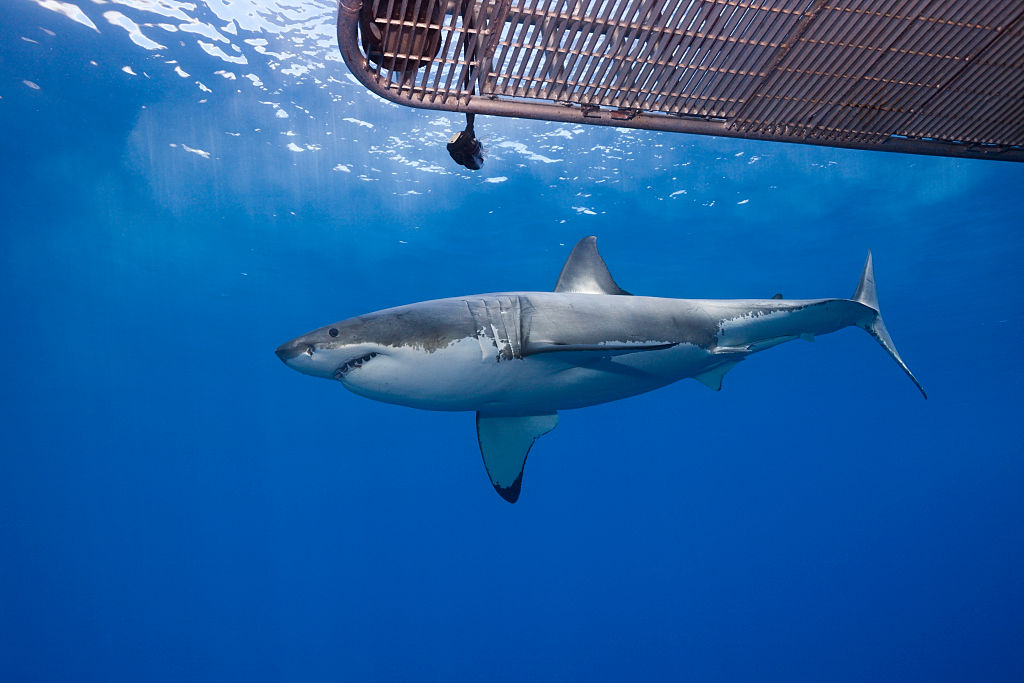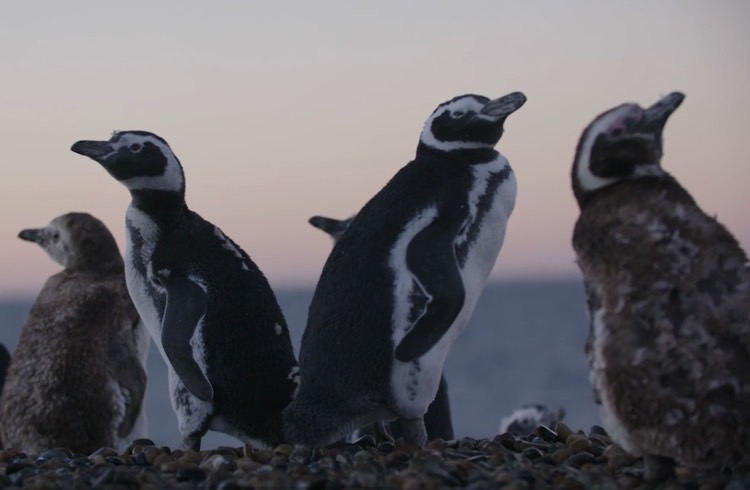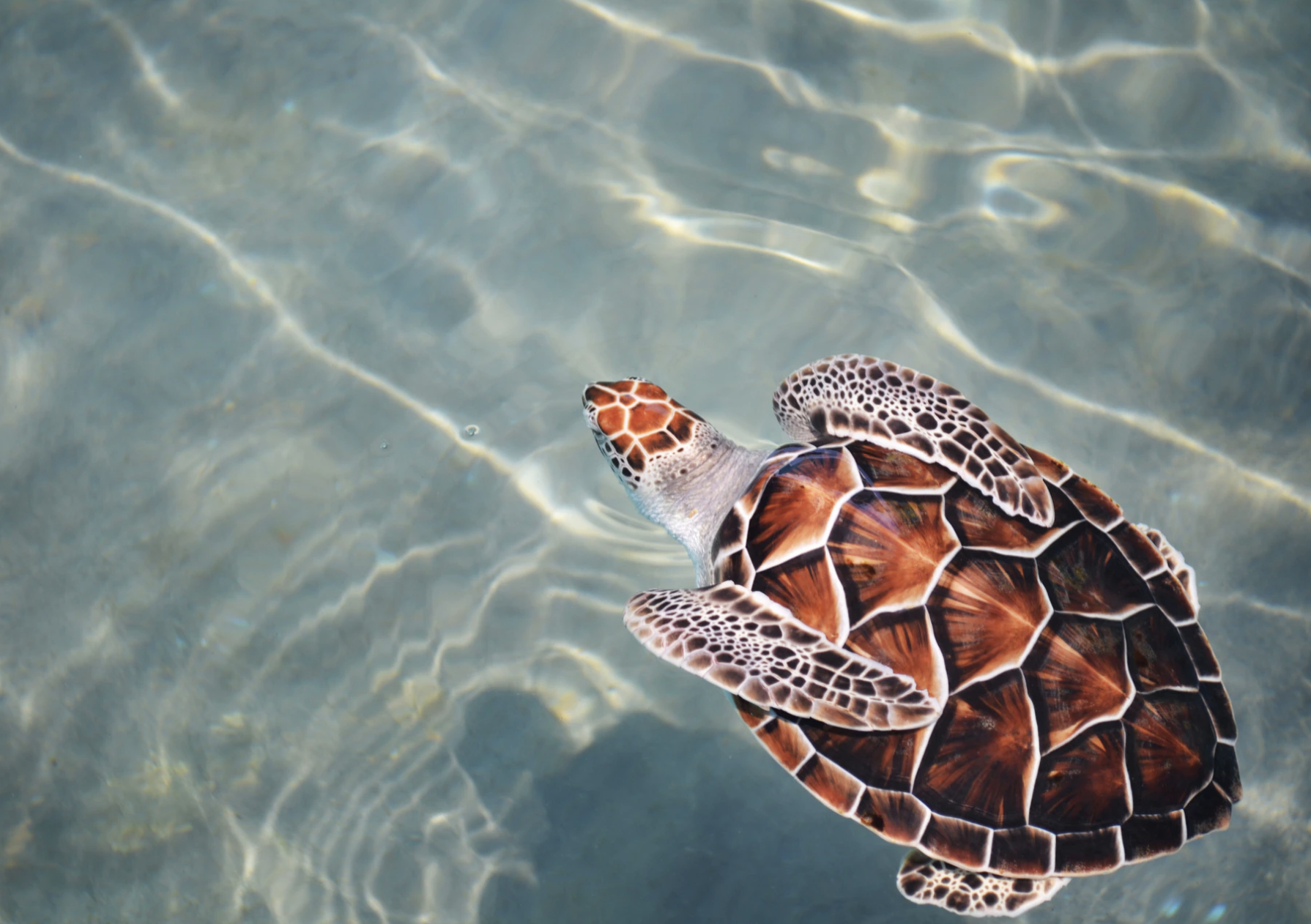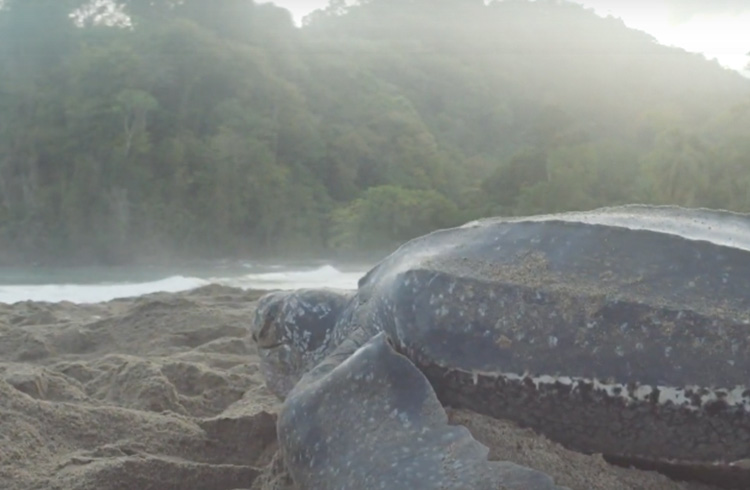Into The Deep: How Ethical is Shark Cage Diving?
With shark numbers dwindling, should travelers avoid interacting with these animals altogether?
 Photo © Photo: Getty Images/Ullstein Bild
Photo © Photo: Getty Images/Ullstein Bild
There are few animals more impressive up-close than the shark, but despite the popular myth of sharks as man-eaters, travelers have little to worry about. “People love a good horror story,” says Jamie Pollack, Director of the New York-based conservation charity Shark Angels. “But people need to relegate it to the same class of fiction as Godzilla and King Kong. The idea of sharks targeting people is simply not true,” he says. “Scientific experiments using human blood versus fish blood have shown that sharks are not attracted to [it]; our blood contains copper and smells nothing like fish blood, so it is not a scent sharks associate with food. I love to tell people that,” he says. “Combating the misinformation perpetuated by movies [such as Jaws] comes down to education.”
Predator or prey?
Sharks have been around for about 420 million years – when dinosaurs walked the Earth. Today, there are an estimated 470 species of shark, with 50 of these at a “high risk of extinction” and a further 66 species approaching “threatened status,” according to The International Union for Conservation of Nature’s Red List of endangered species.
UK-based conservation charity Bite-Back, estimates 73 million sharks are killed by humans annually. However, a 2013 study, published in the academic journal Marine Policy, suggests the number could easily be between 63 million and 273 million. The Angelshark, Scalloped and Great Hammerhead, Short-fin mako, Whale shark, Basking shark and Great white are among the many species under threat.
What's the greatest challenge in shark conservation?
“Overall, the greatest threat is overfishing,” says Dr Matias Braccini, Senior Research Scientist at Fisheries WA, the government department responsible for Western Australia’s fisheries and aquatic resources. It’s well known that many sharks are slow to reproduce and, coupled with the fact they are in high demand for their fins, skins, meat, liver oil, teeth and jaws, and it’s no surprise their numbers are dwindling.
Travelers may be surprised by the huge range of products that can contain shark, including cosmetics (look for an ingredient called squalene, which can come from shark livers, as well as olives and sugarcane – do your research before buying), shagreen leather goods, fish oil health supplements, pet foods, and imitation crab, shrimp and lobster (surimi).
How does cage diving affect the animals?
Cage diving with sharks is often criticized for its impact on the animals’ natural behavior. The cage diving practice of chumming (or berleying as it’s known in Australia) has come in for the most criticism. This is where sharks are lured towards boats by the dumping of blood, minced fish or offal into the water.
According to Dr Braccini: "Research in South Australia’s Neptune Islands indicated that chumming caused a “change in shark behavior. The number of days sharks visited the area doubled in 10 years, sharks stayed longer and timed their arrival to match that of the dive boats. There was no evidence, however,” he adds, “that these changes were detrimental to the sharks.” He says that not all operators use chum to attract sharks, citing one company that uses "acoustic attraction to lure the sharks – particularly AC/DC songs."
Some argue that chumming makes sharks associate people with food and therefore makes them more dangerous to humans as well as leaving the sharks more susceptible to being caught or finned.
Others disagree. Jamie Pollack says: “While there is concern in some places that chumming to attract sharks may alter their behavior and have unknown environmental impacts, the benefits outweigh the risks. There is no evidence that this activity increases attacks on humans.”
How has tourism helped shark numbers grow?
“Former fishermen are now taking divers to see the sharks," says Pollack. "Ecotourism is a huge economic benefit to communities. A single whale shark fin may sell for US$20,000, but, alive, that whale shark can generate millions of dollars over its lifetime.” Marine Protected Areas help too. For example, at Fiji’s Shark Reef, the country’s first National Marine Reserve, dive operators support locals with a small voluntary fee per dive, which makes shark tours a crucial part of the local economy.
What can travelers do to help sharks?
• Research ethical operators. Marine biologist and conservationist, Rick McPherson, has a list of ethical groups on his website.
• Choose operators with an ecotourism accreditation, such as the Blue Flag Award, Certification by the Global Sustainable Tourism Council (GSTC) or other GSTC-approved certification bodies such as EarthCheck and Green Destinations. In many regions you’ll find local equivalents.
• Dive within one of 14,880 Marine Protected Areas (MPA) worldwide.
• Read the Best Practice tips for different shark species on Project Aware, an ocean conservation NGO.
Related articles
Simple and flexible travel insurance
You can buy at home or while traveling, and claim online from anywhere in the world. With 150+ adventure activities covered and 24/7 emergency assistance.
Get a quote


No Comments